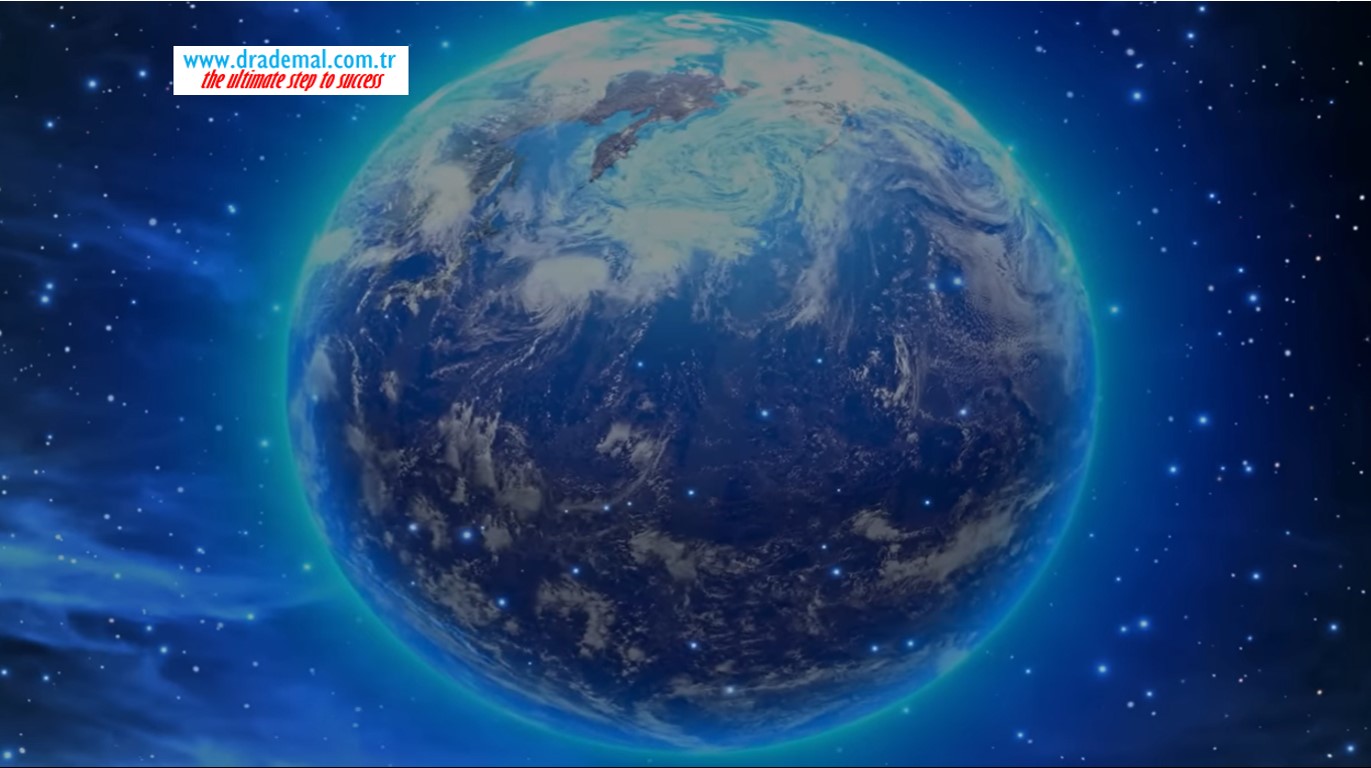Is the Declaration of Human Rights Universally Valid?
People are obliged to live in poverty and even starve to death in some parts of the world as in Congo, an African country, while people in western countries like Germany or Sweden live in abundance. Also, innocent children, women, old people, and even the whole families are being killed just because of their beliefs or races as in Palestine, whereas people from different cultures or life styles are respected in western countries as in the USA. Therefore, the concept of universal human rights came into being in the mid-20th century and certain articles were formed to provide people all around the world with the same human rights and enable them high standards of living regardless of their ethnic backgrounds. However, since some of the articles are too specifically Western and absolutely impractical to certain cultures, the Declaration has proven to be invalid.
On one hand, Article 5 of the Declaration clearly prohibits any kind of torture and inhuman, unpleasant, or humiliating treatment to any person in any part of the world. This Article, in theory, universally exalts all people. On the other hand, in practice, this does not seem so, and people bearing diverse characteristics in terms of culture and beliefs have been exposed to all kinds of punishments or degrading treatment in many parts of the world, such as in the Middle East. To cite an example, nearly a thousand innocent Palestinian people were killed in Gaza Strip nearly three years ago. Despite the universal demonstrations, such crimes against humanity still go on and unfortunately some pioneer or supportive countries of the Declaration in the UN do not impose any sanctions on such countries since they are economically interdependent or interrelated. Therefore, developed countries give priority to economic interests in occasions when underdeveloped nations are oppressed by prosperous ones as it was in Iraq War in 2003. Briefly, such biased treatments disprove the reliability and validity of the Declaration.
Besides, there are people who hold different political, social, or religious opinions even in the same country. Article 19 suggests that people should be allowed to express their opinions freely both in public and through any means of communication regardless of frontiers. It is unacceptable to belittle people or usurp their right to express their thoughts and preferences. Contrary to this tenet of the Declaration, we see people being arrested or being subject to isolation on account of their thoughts not only in underdeveloped countries but also in Western nations like France and Greece. For instance, Bulgarian government gets prepared to silence the voice of Turks by prohibiting the official ten-minute Turkish news broadcast in its national TV channel. To take another case in Europe, minority Turkish citizens in Greece have faced trouble because of their opinions. For example, after their official representative-mufti-once said that it was their right to live in equal conditions like other Greek citizens and they would demand justice in courts, he got arrested and was kept in prison for months. Also, Rabia Kadir, a businesswoman supporting Uyghur Turks in China, was declared persona-non-grata by the Chinese government and exiled to the USA just because of her liberal and democratic thoughts. As a result, groups of people from different ethnic backgrounds do not have the right to hold opinions and impart them. Even though the Article 19 is known by all governments, they are reluctant to put it into practice. Since the Declaration cannot impose strong sanctions on the countries, its tenets are frequently transgressed, which makes it so-called.
Along with these, founding a family is essential for mutual human relationships and for a society to perpetuate its existence. Namely, marriage and families form the basis of the society and societies with strong family structure live longer. Hence, the Declaration underlines the point of marriage and establishing a family in its Article 16. It laconically emphasizes that everyone has the right to marry or break up regardless of their race, nationality, or religion. No one can be forced to marry a particular person. Marriages are based on the free will of partners and they have the right to be protected not only by their parents or society but also by the state. All these opinions are true to some extent, so they cannot be adapted to all countries and cultures. Because in many Asian or African cultures parents have a great influence on their children’s marriage decision. Unlike the western countries where individualism is dominant, collectivism is common in these continents. With the help of their experienced parents/relatives, young people set up stronger families. What is more, in some cultures there are different marriage practices, such as polygamy and endogamy. For example, in the eastern part of Turkey a girl from a tribe can only marry a boy from the same tribe. For that reason, it is wrong to judge these people by considering only western marriage practices. They are happy with their cultures and lives, and they will absolutely get discontented when they are imposed west-oriented Declaration norms.
To sum up, the Universal Declaration of Human Rights was started to help humanity because all human beings deserve to live in good conditions whether they are black or white, Muslim or Jewish, German or Iranian. However, it seems that just writing down the Articles is not enough to present humans the same human rights. Inasmuch as people have socially, politically, and economically different preferences, something wrong in a country may be right in the other, and vice versa. Therefore, it is not true to consider people in Asia or Africa underprivileged just taking culturally and mentally western-driven Articles of the Declaration into account. Briefly, so long as philosophers, anthropologists, and other related scientists do not come together and do not make necessary amendments in some of the Articles or eliminate them from the Declaration, these Articles will remain inconclusive and they wholly won’t be universally valid.



